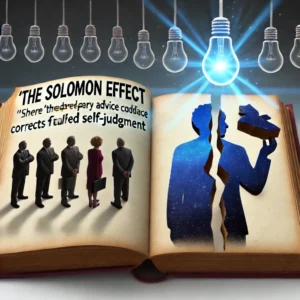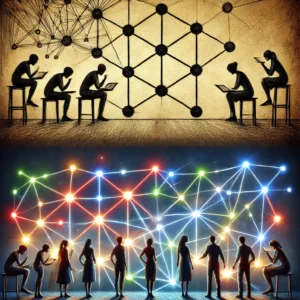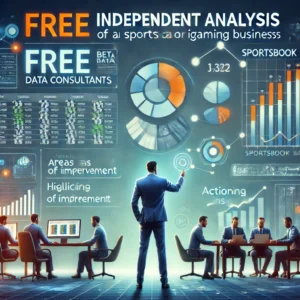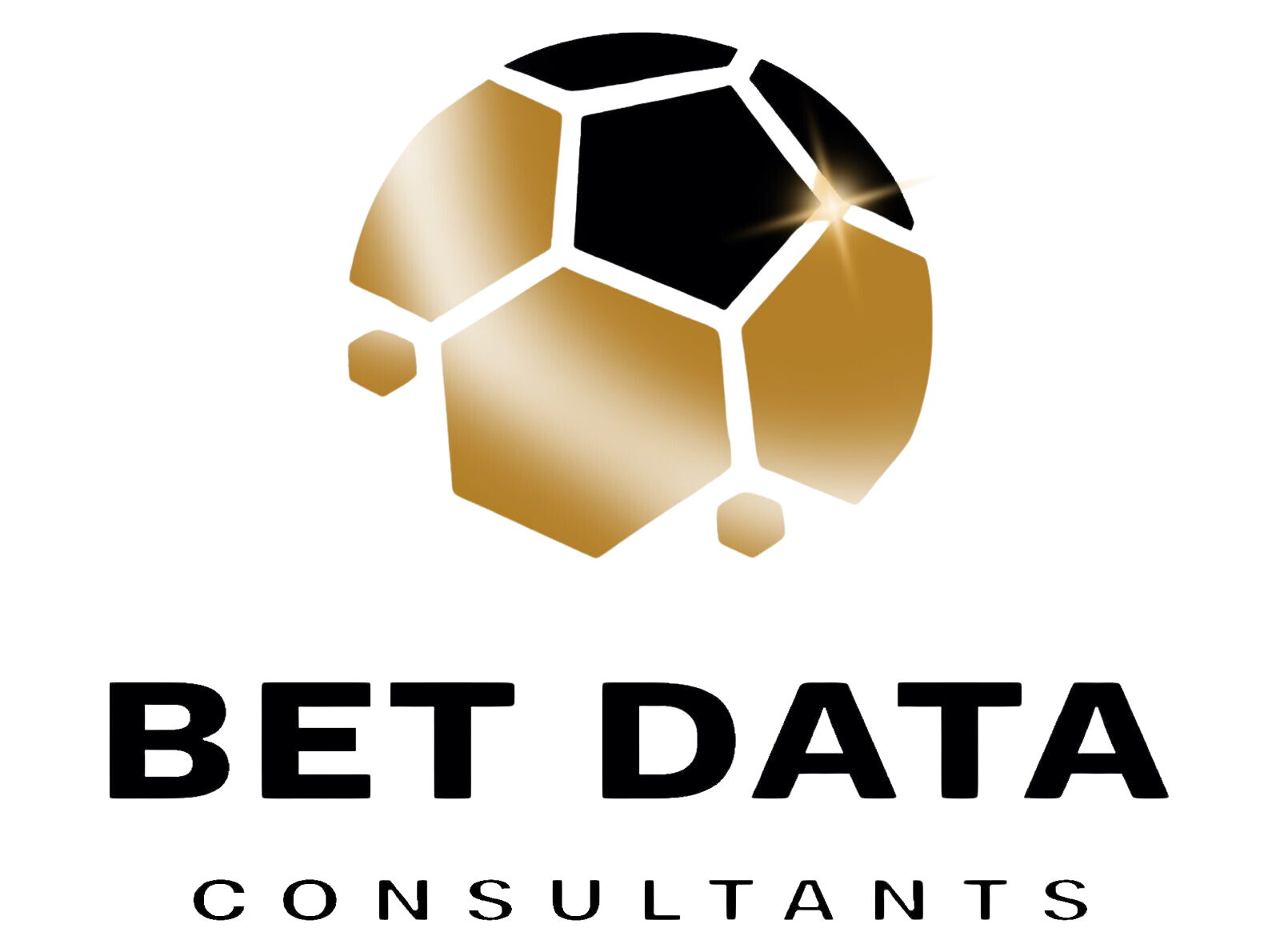
Here’s a simple challenge, but with a twist: if you can solve it (and you haven’t seen it before), you’re among the 10% who can truly call themselves both intelligent and wise.
If you can’t solve it—don’t worry, you’ll be in the same boat as the other 90% of us who didn’t figure it out either!
Here’s the challenge:
Take a pen and paper and draw nine dots arranged in a 3×3 grid, similar to the image provided below. The dots should be evenly spaced in a square pattern—three dots per row and three dots per column.
The Rules:
- Connect all nine dots using four straight lines.
- You cannot lift your pen from the paper while drawing the lines.
- The lines must be continuous—once you start drawing, you can’t stop until all the dots are connected.
Take a moment to try it for yourself! If you’ve never solved this puzzle before, you might find it more challenging than it seems.


How did you do?
90% of people struggle to solve it because they unintentionally impose a cognitive bias, assuming the problem must be solved within the boundaries of the “box” formed by the dots.
However, the rules never stated that. This is how our cognition operates—we come equipped with mental frames and assumptions. If we lack the ability to step back and reframe a problem, this is when intelligence alone is not enough!
In fact, the phrase “thinking outside the box” originated from this very puzzle. Solving it requires you to go beyond the obvious, thinking past perceived boundaries—just as leaders must do if they are to survive and thrive.
Below is the solution to the puzzle.


This leads us into today’s discussion: Why intelligence alone isn’t enough…


The Trap of Intelligence: Dr. John Vervaeke’s Insights
Dr. John Vervaeke, a brillant cognitive scientist, award-winning professor, and one of the world’s leading experts on Wisdom, Intelligence, and Rationality, makes a compelling case for the limits of intelligence.


Vervaeke’s research uncovers a striking truth: being intelligent doesn’t automatically make you wise or rational. In fact, there’s only a weak correlation (about 0.3) between intelligence and wisdom, meaning that intelligence alone doesn’t ensure sound judgment.
Even more, intelligence can very often mislead you. Vervaeke explains that when we’re wrong, our intellect often tricks us into doubling down, convincing ourselves—and sometimes others—that we’re right. That’s why humility is so important.


For highly intelligent people, who’ve been rewarded their whole lives for being smart, admitting they might not always have the answers is difficult. But it’s also essential.
Wisdom comes from recognizing your limitations, seeking out other perspectives, and accepting the possibility that you might be wrong. Unfortunately, today’s world often fails to emphasize this message.
The Solomon Effect: Why Third-Party Advice Matters


Vervaeke’s work ties into cutting-edge concepts like Predictive Processing, which are now driving advancements in AI. When intelligence goes wrong, it often reinforces itself, as our brains look for patterns that fit our worldview, even when those patterns are flawed.
This is where the Solomon Effect comes in—the idea that third-party advice is often more reliable than our own judgment.


If you find yourself stuck in a mental loop—certain that your solution is correct, even when it’s not—outside perspectives can help break that cycle. And this isn’t just theory; it’s backed by science.
For example, the success rate of solving the 9-dot problem jumps from 10% to 80% when discussed with others. That’s a significant improvement, and it shows why collaboration is crucial—no matter how smart you think you are.
From Individual to Collective Wisdom


So why does working in a group increase the success rate of the 9-dot problem so drastically? It’s because other people challenge your assumptions, introduce fresh perspectives, and help you spot solutions you might overlook on your own.
When you collaborate, you confront your biases, explore alternatives, and refine your thinking. Diverse inputs lead to better decision-making.


For leaders in any industry, the lesson is clear: don’t fall in love with your own intellect. The complexity of today’s business environment—spanning compliance, product development, CRM, and more—requires wisdom that comes from collaboration and external insights.
Vervaeke teaches that developing rationality means stepping outside the bubble of our own intelligence. We need to learn how to trust others, embrace humility, and recognize that our judgment is not always reliable.
None of us gets it right all the time, and if you’re reading this thinking “that’s not me,” well, the science suggests you’re already in trouble.
What’s Next?


If you’ve realized, like the rest of us, that you’re susceptible to cognitive biases, it’s time to think about how they might be impacting your life first, and then your organization.
Are your decisions truly data-driven and unbiased? Are you leaning too heavily on your own expertise rather than tapping into the collective wisdom of your team?
If you’re focused on improving your iGaming business, Bet Data Consultants is here to help.


With 15 years of industry experience and insights from cutting-edge behavioral science, we collaborate with you to boost efficiency, enhance profitability, and provide fresh, data-driven perspectives to elevate your operations.
Discover why so many iGaming leaders are turning to us for expert third-party counsel that can transform their businesses.
Contact us today for a free consultation via LinkedIn or email at info@betdataconsultants.com.




